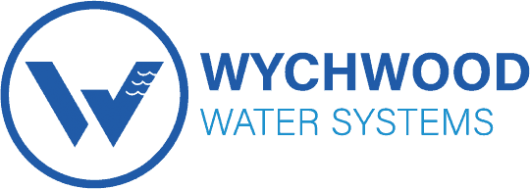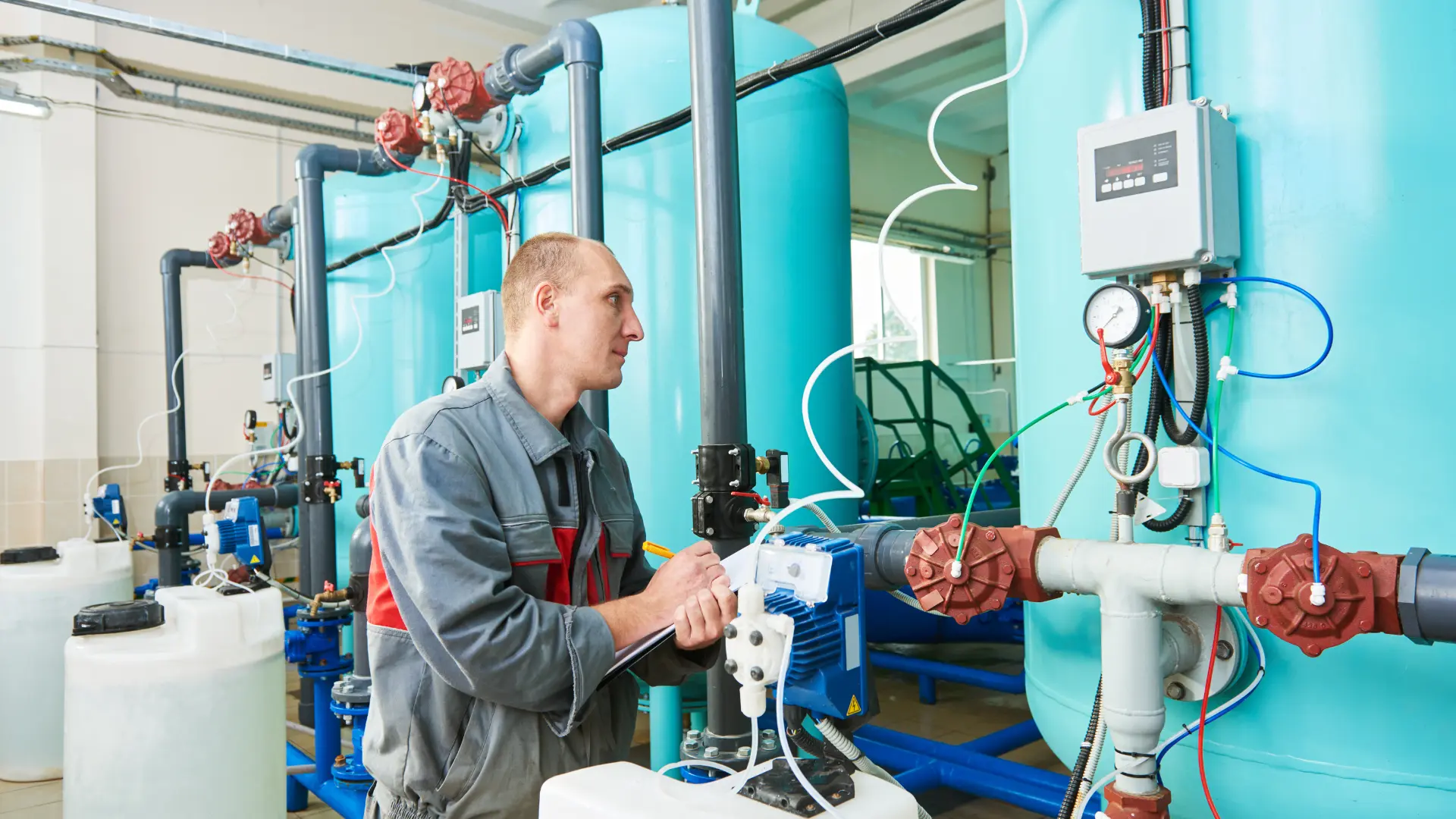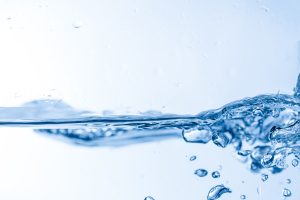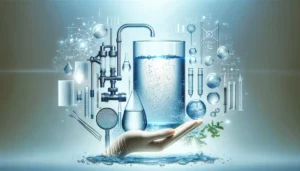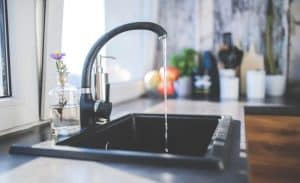Water purification is critical for ensuring safe, efficient, and sustainable operations across industries. As businesses strive to meet ever-increasing regulatory, environmental, and operational standards, the demand for innovative purification methods has never been greater.
In this updated guide, we explore cutting-edge water purification methods and how they address modern industrial and commercial needs.
Why Water Purification is Critical Today
Water purification plays a pivotal role in industries worldwide. Whether for manufacturing, food processing, or healthcare, effective purification ensures:
- Regulatory Compliance: Meeting stringent water quality standards.
- Operational Efficiency: Reducing the risk of equipment damage and downtime.
- Sustainability Goals: Optimising water usage and minimising environmental impact.
Modern Water Purification Techniques
Reverse Osmosis (RO)
Reverse Osmosis continues to be one of the most effective water purification processes. By forcing water through a semipermeable membrane, it removes contaminants such as salts, chemicals, and microorganisms.
- Applications: Ideal for industrial boilers, food and beverage production, and pharmaceuticals.
- Advancements: Energy-efficient systems now reduce operational costs significantly.
Ultraviolet (UV) Disinfection
UV disinfection uses ultraviolet light to destroy bacteria, viruses, and other pathogens. It’s a chemical-free, efficient solution for sterilising water.
- Applications: Frequently used in healthcare, hospitality, and beverage production.
- Advancements: Improved UV lamps now offer enhanced performance and longer lifespans.
Activated Carbon Filtration
Activated carbon effectively removes organic compounds, chlorine, and unpleasant odors, improving water quality.
- Applications: Used in water bottling, municipal systems, and industrial cooling.
- Benefits: A versatile and low-maintenance solution for various industries.
Continuous Electro Deionization (CEDI)
CEDI combines ion exchange and electricity to produce ultrapure water without the use of chemicals.
- Applications: Electronics manufacturing, power plants, and laboratory-grade water.
- Advantages: Eco-friendly and cost-effective compared to traditional deionisation.
Containerised Systems
These portable water purification units are housed in ISO shipping containers, making them ideal for remote locations or industries requiring flexibility.
- Applications: Mining, construction sites, and temporary industrial setups.
- Benefits: Easy to transport, quick to deploy, and fully customisable.
Water Recycling Systems
Recycling systems recover and treat wastewater for reuse, significantly reducing water consumption and costs.
- Applications: Automotive, textiles, and heavy industries.
- Advantages: Meets sustainability goals while cutting operational expenses.
Choosing the Right Solution for Your Needs
Selecting the right water purification process depends on several factors:
- Water Quality Requirements: Different methods address specific contaminants.
- Volume of Water to Be Treated: High-capacity systems like RO are ideal for large-scale operations.
- Budget: Solutions like carbon filtration are cost-effective, while advanced methods like CEDI offer long-term savings.
- Regulatory Standards: Ensure compliance with local and industry-specific guidelines.
At Wychwood Water systems, we specialise in tailoring solutions to meet your unique needs, ensuring optimal performance and efficiency.
New Trends in Water Purification
The water purification landscape continues to evolve with emerging technologies:
- AI and IoT Integration: Smart systems that monitor water quality in real time, optimising performance.
- Eco-Friendly Solutions: Techniques like zero-liquid discharge (ZLD) systems that eliminate wastewater.
- Energy-Efficient Innovations: Advanced RO membranes and UV systems that lower energy consumption.
FAQs About Advanced Water Purification
Q: How effective is CEDI compared to traditional methods?
A: CEDI produces ultrapure water without chemicals, offering a more sustainable and cost-effective alternative.
Q: Are containerised systems cost-efficient?
A: Yes, they are a flexible solution that reduces installation and transportation costs, especially for temporary or remote setups.
Q: What are the environmental benefits of modern purification techniques?
A: Methods like water recycling and eco-friendly membranes significantly reduce water waste and energy usage.
